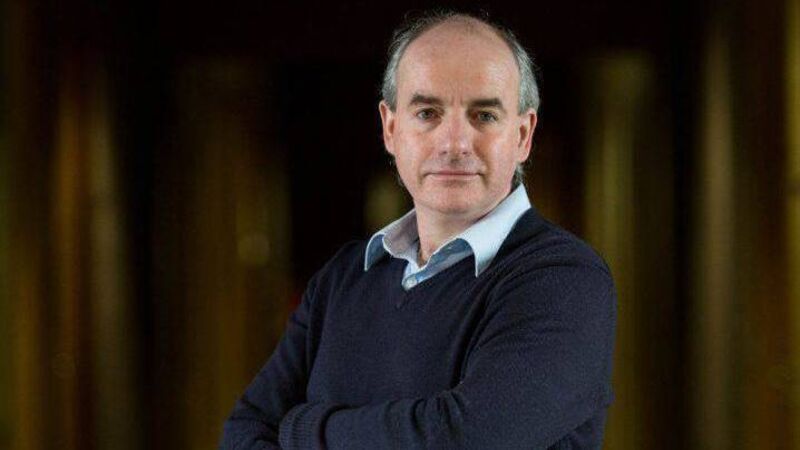Limerick-based NGO, Doras, launches support project for migrant victims of crime

Doras CEO John Lannon said the organisation is already helping a number of migrants in dealing with their issues and that he expects demand to increase in the future.
A new Migrant Victim Support Project will provide specialised assistance for migrant and refugee victims of crime to deal with growing demand, according to those behind the initiative.
Doras said that refugees and migrants can face various types of crime, from race-based or hate crimes to sexual violence, trafficking or more common, everyday incidents, but may be more reluctant to report those incidents to gardaí or other authorities.
















